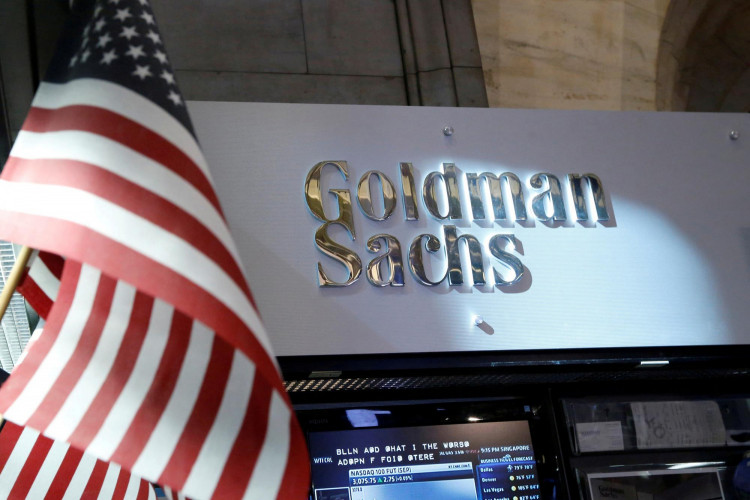Goldman Sachs reported a 15% rise in first-quarter profits to $4.74 billion, as the bank's trading unit capitalized on stock market volatility triggered by escalating tariff announcements from President Donald Trump. Total revenue climbed 6% to $15.06 billion, exceeding analyst expectations, though softness in investment banking signaled growing strain across Wall Street's dealmaking landscape.
Equity trading revenue surged 27% to $4.2 billion, the division's highest first-quarter result on record, according to the firm's earnings release Monday. Total trading revenue reached $8.59 billion-Goldman's best showing since 2009-driven by client activity around rapidly shifting trade policy, particularly in February and March.
"While we are entering the second quarter with a markedly different operating environment than earlier this year, we remain confident in our ability to continue to support our clients," CEO David Solomon said in a statement.
However, the momentum from trading was not enough to offset weakness in other parts of the business. Investment banking fees dropped 8% year-over-year, while advisory revenue from mergers and acquisitions fell 22%, underperforming forecasts. The retreat mirrors broader caution across the financial sector as firms contend with geopolitical tensions and uncertainty surrounding global trade.
JPMorgan Chase CEO Jamie Dimon, in remarks accompanying his firm's own results Friday, said clients had become "more cautious amid an increase in market volatility driven by geopolitical and trade-related tensions." Morgan Stanley CEO Ted Pick echoed the sentiment, stating, "We don't know whether the economy is going to contract. We don't know what the rate of inflation will be when the transmission effects come through."
BlackRock CEO Larry Fink described the recent tariff actions as unprecedented. "The sweeping tariff announcements went further than I could have imagined in my 49 years in finance," he told analysts. "Uncertainty and anxiety about the future of markets and the economy are dominating client conversations."
While trading desks benefited in the near term, the broader industry faces signs of stress. IPOs and M&A activity have slowed, while leveraged loan deals and bond issuances have been deferred. The Financial Times reported that hedge funds are receiving the steepest margin calls since the 2020 pandemic-era crash, pressuring firms to liquidate losing positions quickly.
Goldman's performance comes amid scrutiny over executive compensation. Solomon received $39 million in total pay last year. He and COO John Waldron were also granted a combined $80 million in long-term retention bonuses, subject to board approval. The incentive packages drew attention after reports that Waldron had been in talks for a senior role at Apollo Global Management.
Despite market headwinds, Goldman shares have surged more than 30% over the past year, closing at $494.44 on Friday. Analysts surveyed by the London Stock Exchange Group had forecast quarterly revenue of $14.8 billion.






